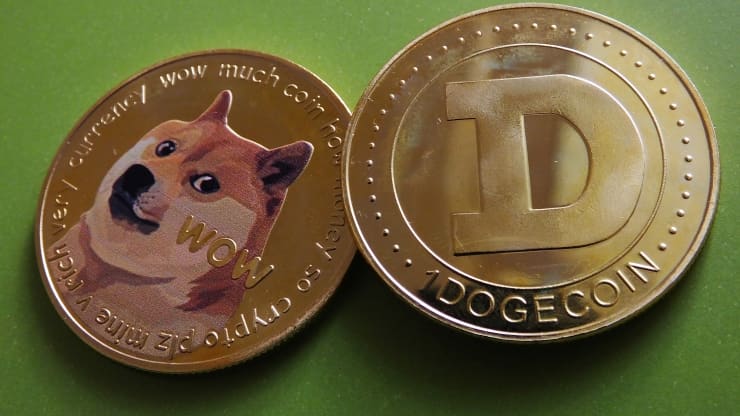- South Korean prosecutors seized Bitcoins worth $238000 in 2017.
- The seized Bitcoins were sold for $10.5 million more than what they were worth at the time of confiscation.
- South Koreans will have to pay a 20% capital gains tax on cryptocurrency trading from January 2022.
Four years ago, South Korean prosecutors had seized Bitcoin worth $238,000 at that time. Finally, the South Korean government officials have sold those seized Bitcoins at a rate far higher than what they were worth at the time of confiscation.
By selling now, South Korea made $10.5 million more than what they would have made if they had sold the Bitcoins four years back. As per reports, the amount has been deposited in the national treasury of the country.
South Korea’s First
Reports from Suwon District Prosecutors Office indicate that no other South Korean government authorities have sold confiscated Bitcoins before them. In fact, the Bitcoins that were confiscated in 2017 have moved for the first time after they were stored in a cold wallet.
South Korea’s government made 4400% more than what they would have earned by selling Bitcoins in 2017. Based on the worth of seized Bitcoins at the time of confiscation and the date of arrest, which was around April 2017, we can safely assume that each Bitcoin’s price was between $1100 to $1300 at that time.
Absence of Crypto-specific Laws Until 2021
The South Korean authorities had kept the seized Bitcoins in cold storage as there were no crypto-specific laws at that time. In March, the government started putting pressure on crypto-related services providers like exchanges by enacting laws to regulate cryptocurrencies in the country.
The laws made it compulsory for cryptocurrency exchanges and other crypto service providers to use accounts under real names and also update Korea’s Financial Intelligence Unit about their activities. As soon as crypto-specific laws were finally put to action on March 25, South Korean prosecutors sold the Bitcoins that were seized in 2017.
The South Korean government decided to regulate crypto space in the country after they got intel on tax evaders using cryptocurrencies at a large scale and use of cryptocurrencies for money laundering.
Capital Gains Tax on Cryptocurrency Trading
Under the new laws that will come into force in January 2022, South Koreans will have to shell out a 20% tax on any profits that they make from trading cryptocurrencies.


South Korea’s national tax authority has reported that the country’s crypto trading volume has jumped 800% after a 25% increase in the number of cryptocurrency investors in South Korea.











